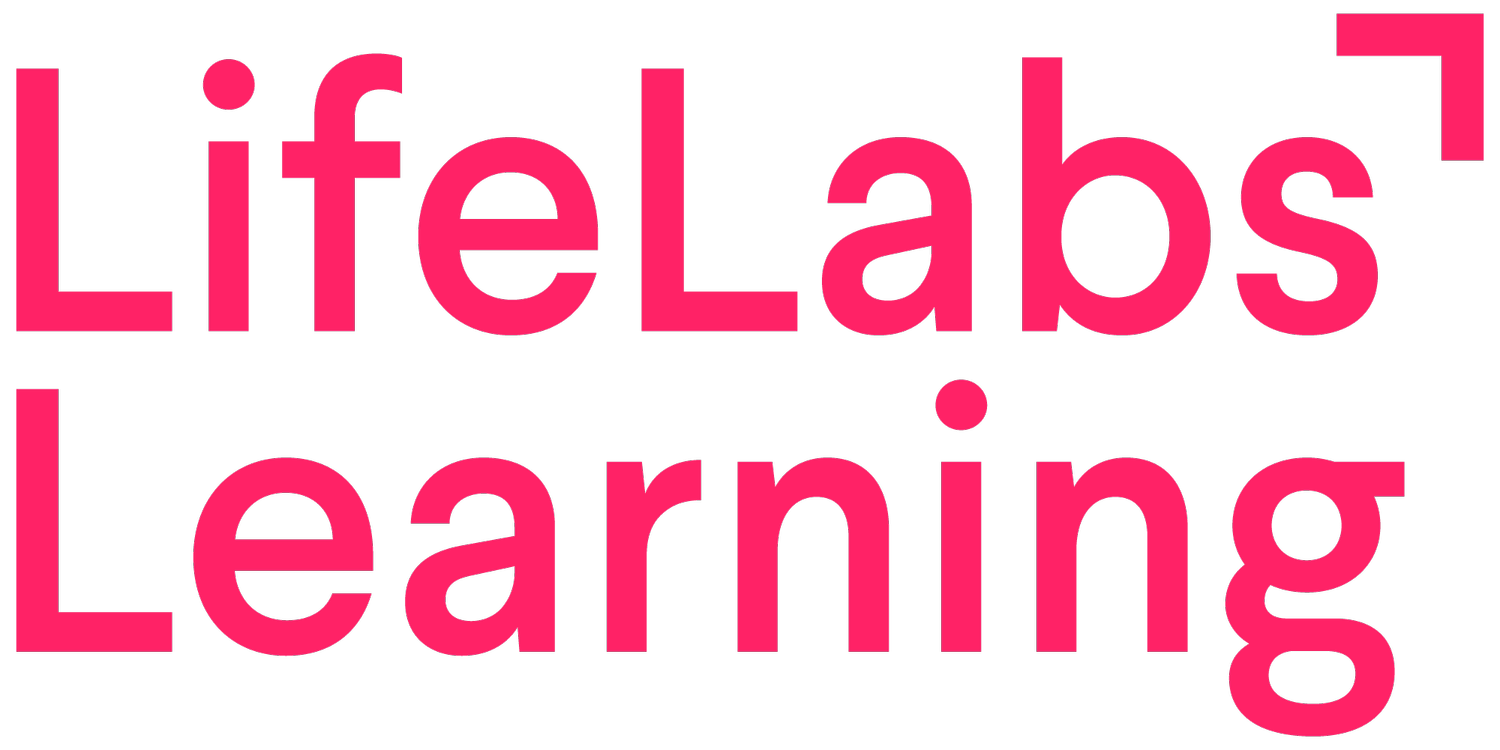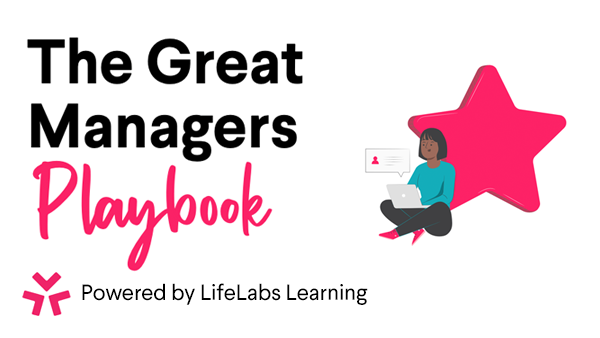Manager selection (part 1): How to interview, assess, and select great managers
5-minute read
At LifeLabs Learning, we’ve helped managers at over 2,000 of the world’s fastest-growing companies quickly achieve better results. We’ve learned that anyone can become a better manager faster, but some people are a better fit for the role than others.
Companies with the most effective managers also tend to be the companies with the most effective manager hiring processes -- selecting the candidates who have the most relevant aptitude for the role.
Though you can do a lot to attract (and thoughtfully detract) candidates based on how you promote the job, it is still essential to assess candidates using a reliable interview process.
When you simply hand someone a manager role, you are risking that they will not be good at it, and you are increasing the odds that bias has played a role in your decision-making. The more rigorous and standardized your process, the more effective and inclusive it will be.
The key to building a great interview process is to think like a scientist.
Candidate selection is the process of testing your hypothesis that Candidate X will be able to achieve Result Y. Just as in a clinical trial, for any useful data to emerge from your process, it must be empirical in the same way you would test the hypothesis that Drug X will cure Ailment Y.
Imagine if we tested drugs the way most people interview candidates. What if all patients received different doses of different drugs, at different times, with different instructions? You’d never know which drug would be more effective — or if either of them worked at all. In the same way, when assessing candidates, we have to control for as many variables as practical.
Here are the 5 essential steps in designing a great interview process:
Begin with the end in mind. What are the responsibilities, success metrics, and standards of the manager role? Will they have to achieve the expected results immediately or are there time and resources for them to ramp up on the job?
Outline the required skills and knowledge. Aside from core manager skills, are there any other competencies required to achieve the results you need? For example, should they be able to model your company values? Are there specific company policies or processes they should be proficient in?
Develop your assessments. Working backward from your list of required skills and knowledge areas, devise ways to test the extent to which your candidates possess each competency. As much as possible, lean on assessments that let you see each skill or knowledge area in action. Some good options include:
Demos (e.g., write feedback on X, create a change management plan)
Tests (e.g., product knowledge quiz, company history quiz)
Role playing (e.g., respond to frustrated client, coach a direct report)
Behavioral interview prompts (e.g., “tell me about a time when you…”)
Coworker or direct report interviews (e.g., on a scale of 1-7, how easy is [Name] to collaborate with?)
Create your scoring system. Determine how you’ll assess candidate responses. In other words, what will tell you whether someone actually has the necessary skills and knowledge to achieve the results you need? Some good assessment options include:
Minimum passing score on skill and knowledge tests
Checklist of necessary criteria in a demo or interview prompt response
“Red flag” cues for interview prompt responses (e.g., Flag if the candidate blames or speaks negatively of former coworkers)
Calibrate your scoring. We can pretty much guarantee that you will not create the perfect scoring system. That’s okay. What matters more than an iron-clad scoring system is strong calibration across your interviewers. For maximum effectiveness and bias reduction, involve a minimum of three interviewers (who ideally have different backgrounds and identities). Practice scoring sample responses until you reach 80% consistency in how you assess responses.
Bonus: on a quarterly or even monthly basis (depending on how frequently you hire new managers), hold hiring retros to determine whether you need to tweak your interview process. For example, ask fellow interviewers: Which interview prompts have been most and least helpful? What has surprised us? How can we improve our process to increase our predictive powers? Reduce impact of bias?
How to get started
Review your current manager interview process using the LifeLabs Learning FAIR Model and look for opportunities to improve it. Be sure to ask for input from others!
Forthcoming: Is the job description clear? Are the qualifications explicit?
Accessible: Is everyone aware of the job opening? Have we created any unnecessary barriers to entry (e.g., years of experience)?
Involved: Have we gathered input on our interview process from a diverse group? Is our selection decision-making power distributed across 2+ people?
Rigorous: Do all candidates go through the same standardized assessment process? Are our interviewers well-calibrated?
For more inspiration, check out the sample interview process and prompts in Part II of this article series.
Based on your assessment, tweak your interview process to increase your selection effectiveness and reduce the chances of bias leaking into your process.
Want help accelerating your manager, hiring, or inclusion skills effectiveness? Contact LifeLabs Learning!
The Great Managers Playbook
Unlock the power of your managers
Download Part I and II of The Great Manager Playbook today. By signing up to download Part I and Part II, you’ll receive Part III (coming soon!!) in your inbox as soon as it drops.

